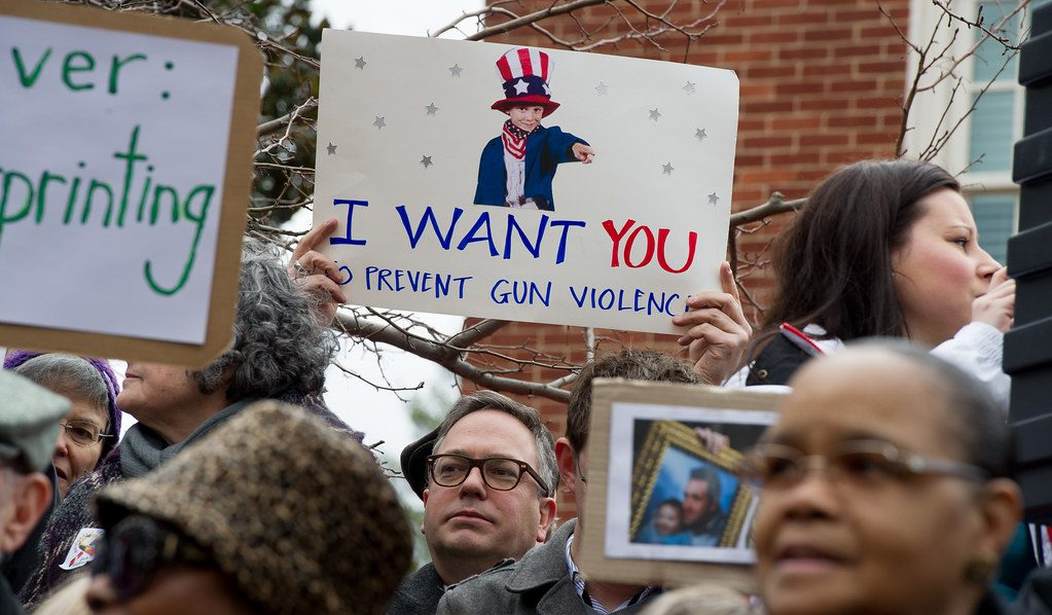As more cities and states set up their own Office of Gun Violence Prevention to funnel money towards groups that are ostensibly designed to reduce violent crime without involving law enforcement, the need for accountability has become more acute than ever. A recent audit of the One Lexington program in Lexington, Kentucky, for instance, found numerous issues with spending, including thousands of dollars spent on hoodies and more than a dozen undocumented uses of city credit cards.
Between 2021 and the beginning of 2024, One Lexington took in more than a million dollars in state and federal funds, but it's the program's expenditures that are raising eyebrows (and questions).
The audit found:
Incomplete documentation for multiple charges including more than $8,000 in hoodies and charges for a program that helps relocate families who have been affected by gun violence.
More than $1,200 in personal charges on city credit cards for One Lexington Director Devine Carama
Some organizations that received grants from One Lexington did not have a 501 (c)3 status, or IRS nonprofit status.
Multiple charges on the same day on city credit card purchases that exceeded the city policy of a maximum of $2,500 per day per vendor or company.
City officials say that "many" of the problems noted in the audit have already been resolved, but that doesn't explain the lack of safeguards and accountability that allowed for this misspending in the first place. In some cases, it sounds like city officials have essentially just rubber-stamped their approval of the director's actions.
In 2023, One Lexington awarded over $91,000 to 12 organizations. In practice, some of the grant organizations do not have have nonprofit IRS status but have received those grants through another entity that has 501 C(3) status, commonly called a fiscal agent.
Carama said the city has since amended the agreement with the Community Action Council to allow for groups to receive city money through a fiscal agent.
The intent is to award those grants to groups that are doing work in the community. Some don’t have non-profit status, Carama said in the audit’s response.
Why should the city be providing grants to for-profit entities at all, much less allowing non-profits to serve as the middleman for such an arrangement? The less transparent the process, the more room there is for misspending and outright graft, and the city should limit its grant money only to those organizations that have a proven track record of both successful interventions and fiscal accountability.
The audit also pointed out that there has been a significant decrease over the past four years in gun violence and homicides in Lexington. In 2021 and 2022, there were 36 homicides, a high. In 2023 and 2024, that number decreased to 22, according to Lexington Police Department statistics. In 2024, there were 19 gun-related homicides. The number of non-fatal shootings has also declined. In 2021, there were 135. In 2024, there were 65, police data shows.
That, at least, is good news, but what's the evidence that the decline in gun-involved crime and homicides can be attributed in any degreee to One Lexington's work? Most jurisdictions across the country reported drops in the homicide rate in both 2023 and 2024, so Lexington isn't an outlier in that regard. Can Carama point to any specific programs funded by One Lexington that have had a demonstrable effect on the city's crime rate, or are officials just supposed to trust that the drop in shootings is linked, however tenuously, to One Lexington's work?
I have no objections in theory to community-based programs that are meant to reduce violent crime without putting more gun control laws in place. In fact, I think that's generally a better approach than slapping another law on the books aimed at lawful gun owners. But there still needs to be transparency and accountability for every one of those programs. If they can't demonstrate that they're using those funds appropriately and getting results, then they need to be cut off from those funds in the future and replaced by non-profits who can.









Join the conversation as a VIP Member